Chronic Shame in Clinical Practice : AN EMBODIED RELATIONAL PERSPECTIVE
with Stacy Adam Jensen, MEd

About the Workshop
Chronic shame is woven into the lives, histories, and presentations of many of the people we sit with in our clinical practices. At the heart of insecure attachment, chronic shame disrupts healthy relational development, and has far-reaching implications for one’s capacity to regulate affect, engage in healthy relationships, and on one’s internal working model- how one sees themselves, others and the world. This early template of self becomes intertwined with shaming experiences across the lifespan, creating cycles of multi-layered suffering. Because chronic shame is a relational injury, with its roots in early life, and woven into the fabric of the self, it is often confusing, elusive and activating- for both client and therapist in session, and can be a forceful inhibitor of the therapeutic process. Due to its non-verbal early origins, utilizing cognitive interventions and left hemispheric approaches are refractory, thus requiring clinicians to work from an embodied, affect regulation, relational orientation. Through interactive lecture, discussion, small group discussion, and clinical vignettes we will explore the ins and outs of chronic shame—from how it is formed, to how it presents relationally and clinically, all in service of increasing our capacity as therapist to recognize and work with it from an embodied, relational orientation.



This online workshop will:
- Define and examine chronic shame
- Explore the formation of chronic shame through early attachment relationship(s) and intergenerational transmission
- Introduce the different presentations of chronic shame as correlated with differing attachment states
- Present the neurophysiological landscape of chronic shame, and resulting overwhelm, dissociation, and anticipation of future shaming
- Examine how chronic shame is being kept alive and active in present day relationships and behaviours
- Present clinical indicators of chronic shame including: addiction, secrecy, self-sabotage, relational instability, affairs, lapses in integrity, procrastination, etc.
- Present how to elicit historical information to piece together the specific relational details of harm such as ridicule, indifference, aggression, competition, etc.
- Introduce clinician countertransference by way of looking at the clinician’s shame, how it gets activated in session, and how avoiding this activation impacts working with chronic shame
- Explore how to work with chronic shame for individuals living with it, their partners, and within couple work
- Explore the nuanced dynamics of working with chronic shame, relationally, through an affect regulation model
- Look at the role of fear and resulting anticipation of shame in forming and perpetuating chronic shame
- Introduce the concept of clients ‘being on their own side’ so that they can learn to track their own subtle shame activation/risks in the moment, or post shame event, and track back when it began so that they can begin to gain more control over their relationship with chronic shame
Fees & Dates
Stay tuned for next dates…
This online workshop is open to therapists with a graduate degree in a mental health discipline. The workshop is limited to 24 students.

Frequently Asked Questions
What credentials do I need for the workshops and trainings?
We require a graduate degree in a clinical mental health discipline.
Can you tell me about the financial commitment for the two-year training?
Each clinic of the six clinics cost $1100, plus gst- totalling $6930, while people commit to the entire training, they pay per clinic as we go. Payment plans are available.
Are the clinics available à la carte?
The clinics are not available individually as the training runs on a cohort model for the entirety of the program.

